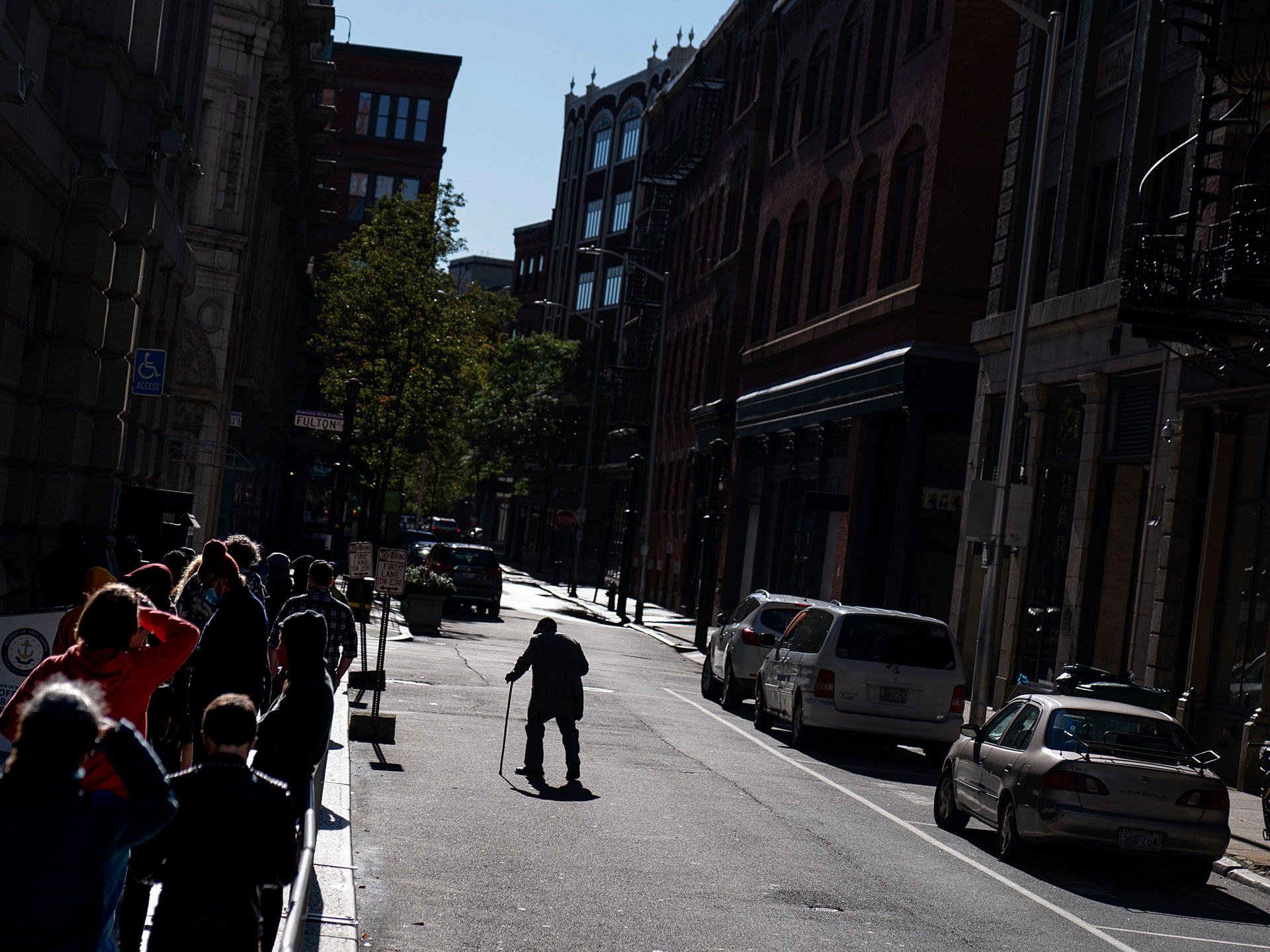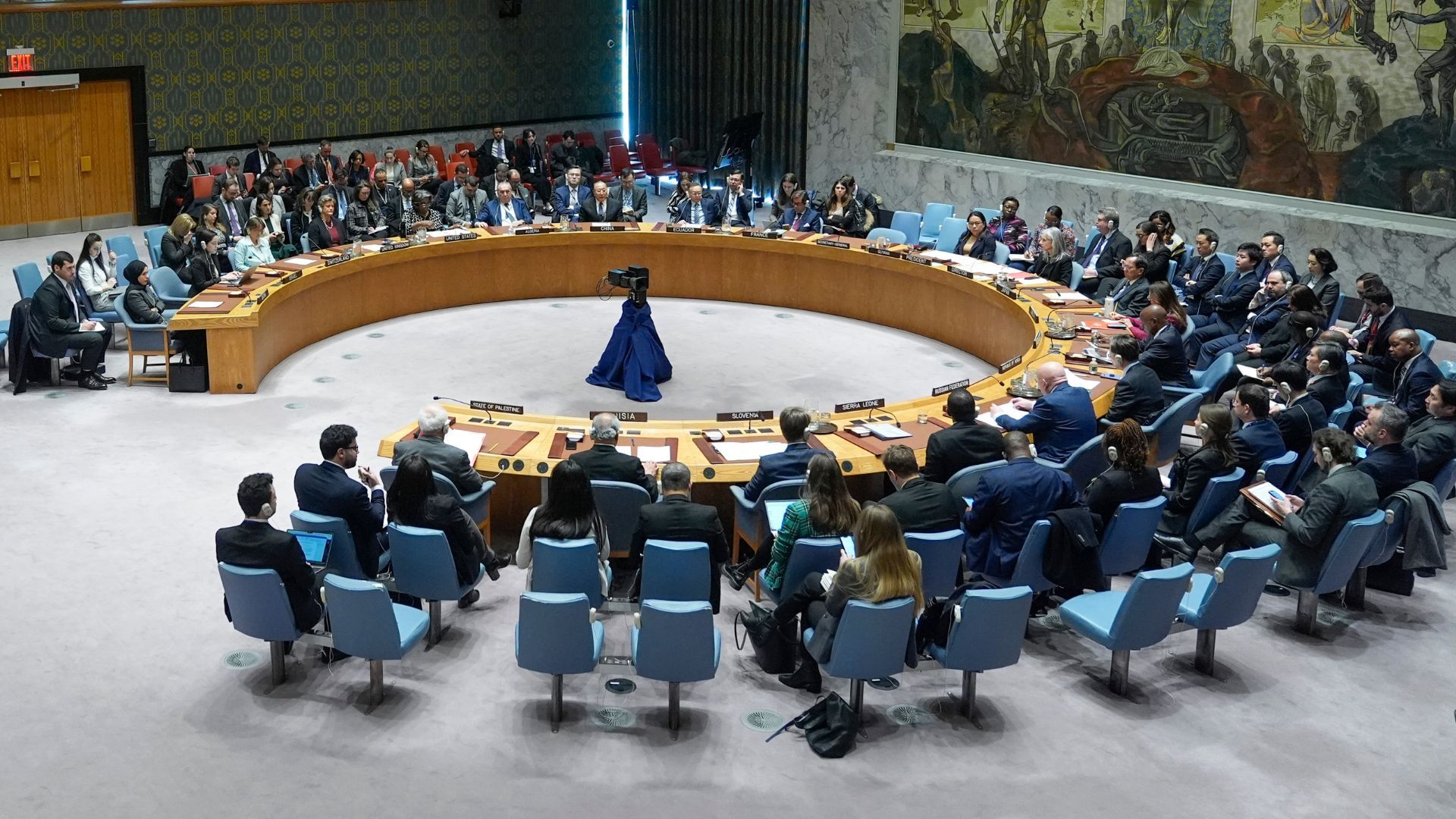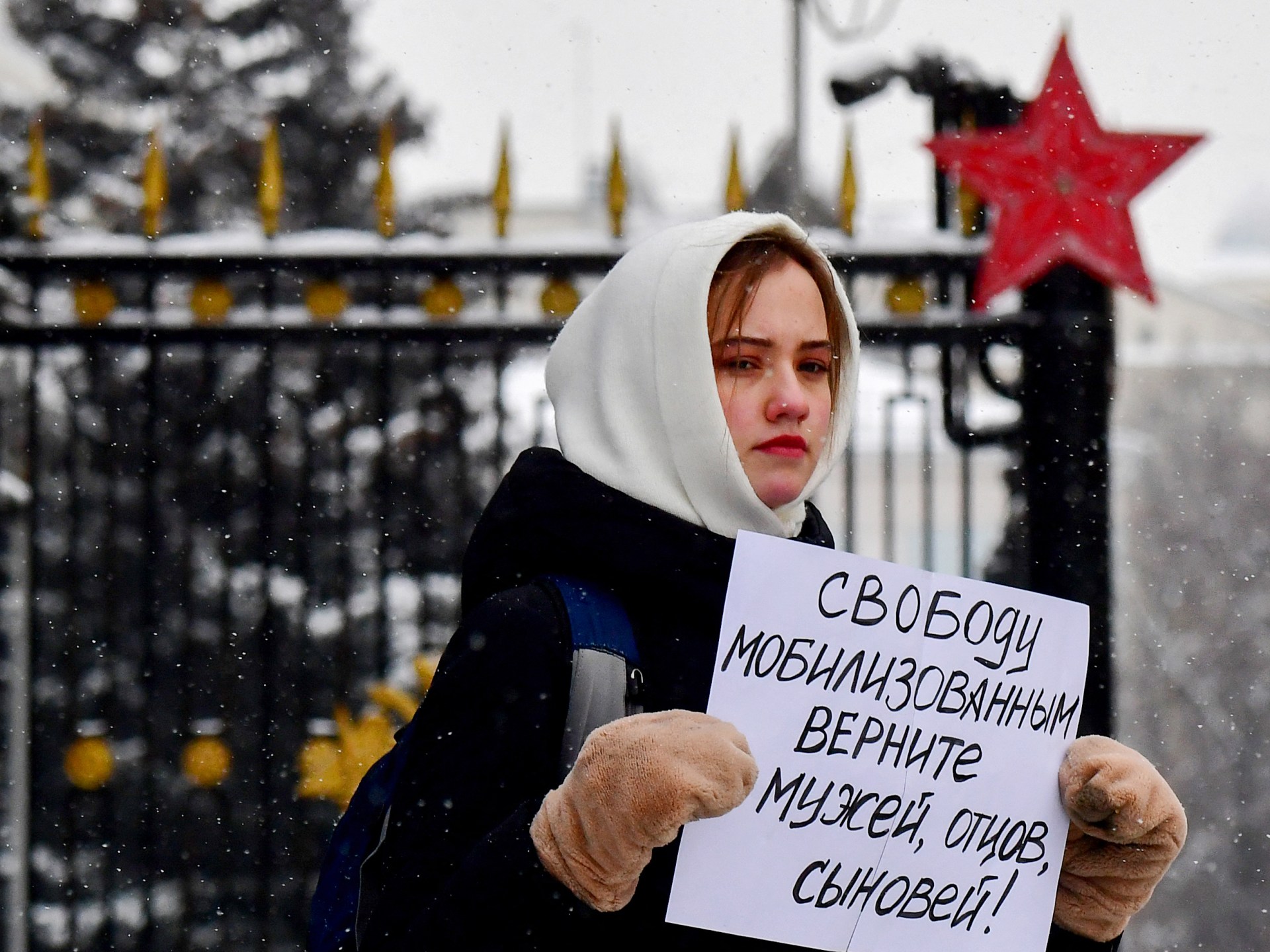
Just before his Death from prostate cancer in August This year, at the age of 72, my father awoke from a state of muteness to recite with a burst of energy William Butler Yeats’s 1927 poem “Sailing to Byzantium,” which begins: “This is not a country for old men.” .”
My mother, uncle, and I were present at the impromptu performance, which took place in my father’s bedside in Washington, D.C., where he had begun home hospice care following the chemotherapy treatments that had been forced upon him for profit by doctors Death accelerated.
This was just one of many poems my father memorized as a young man to improve his intellectual abilities. My mother and uncle—who had also come under the influence of my father’s spiritual pursuits in their youth—joined the lines they remembered. After he finished his vehement recitation, my father relapsed into his generally mute state, which was then only interrupted by occasional outbursts about wishing to die.
I don’t know what was going through my father’s mind during this final poetic outburst, but the first line of the Yeats poem seemed an apt comment on the country we were in – the country we had all been to born and what my parents and I had avoided for years. My parents had only recently returned to their home country after almost eight years in Barcelona; I had flown to Washington from Turkey in August, one of my regular stops in my 20-year self-imposed exile.
In fact, my father’s final months had merely confirmed that the United States was “not a country for old men.” Counterproductive chemotherapy treatments were just one of the ways he was exploited before being handed over as prey to the lucrative field of funeral and cremation services.
For example, my father was charged $14,579.01 for a one-month prescription for the prostate cancer drug Xtandi, a drug developed entirely with U.S. taxpayer dollars—more than many people in the United States earn in several months. U.S. capitalism can also be deadly for people who lack the resources for health care and other basic needs.
And while American society specializes in the oppression of a broad section of the population – except, of course, for the elite minority who thrive on acute inequality – the treatment of older people is particularly cynical. Having survived their labor-related exploitability as cogs in the capitalist machine, older people become decaying objects from which profit must continue to be made until the very last minute.
According to results of a West Health-Gallup poll released in 2022, about one in four Americans ages 65 and older and three in 10 Americans ages 50 to 64 said they had sacrificed basic necessities such as food in order to achieve this pay for health care.
The study found that older women and Black Americans were disproportionately affected and that punitive health care costs were a significant source of stress in the daily lives of older Americans, with stress by its nature only exacerbating existing medical problems.
Add vampire-like insurance companies to the mix and the panorama becomes even more morbid. The prohibitive fees associated with many programs — coupled with insurance companies’ frequent refusal to cover life-saving treatments — mean that life itself remains a privilege, not a right, in the United States.
Then there’s the $34 billion assisted living industry, which a recent Washington Post investigation found is plagued by wanton neglect despite charging an average of $6,000 per month per resident. Since 2018, the Post reported, more than 2,000 residents have escaped from such facilities unnoticed, and nearly 100 of them have died in the process.
So much for the topic of “assisted living”.
Certainly the loneliness and isolation that so often accompanies aging in the United States does not help increase life expectancy. neither unique stigma that American “culture” has something to do with aging. As the American Psychological Association (APA) noted, institutionalized ageism in the United States results in “a variety of negative effects on people’s physical and mental well-being and on society as a whole.”
Admittedly, loneliness and isolation are often lifelong afflictions for residents of the so-called “land of the free,” where collective psychological well-being is rarely improved by a stubborn insistence on individual success at the expense of community and family bonds and the transformation of people into consumerist automatons.
And the murderous, transactional nature of existence in the United States conveniently culminates in the corpses of the elderly being offered up for confiscation by pharmaceutical companies, nursing homes, and the corporate fraud known as the US healthcare system.
However, the US is actually a good country for some old men – like former warmongering diplomat Henry Kissinger, who perished in November, at the ripe old age of 100, at home in Connecticut after spending much of his life caused the deaths of countless people worldwide.
Not long after my father died in August, I struck up a conversation with a Bolivian man in his 50s who had lived in Washington for more than two decades and brought up the No Country theme. He planned to hold out another 10 to 15 years before returning to his hometown of Cochabamba, he told me, because he couldn’t afford to grow old in the United States.
And while the United States is “not a country for old men,” it is not a particularly good country also for everyone else.
The views expressed in this article are the author’s own and do not necessarily reflect the editorial stance of Al Jazeera.






Recent Comments